For the old-line moguls atop companies like Dow Jones, New York Times Company, Condé Nast and Time Inc., the excitement around the iPad must have seemed like a godsend: Suddenly, they could stick to their […]
Category: Apple

OMG, They Cloned Steve Jobs
Earlier this week, I set up a Google Alert for “Joe Wilcox”. Hey, I’m not being egotistical. The alert is to see where my posts are being aggregated. I’m deeply conflicted about aggregation, but that’s a separate blog topic. The very second alert contained post “Too Stupid to Own an iPad” from the Fake Steve Jobs blog. It was pure nastiness.

I was gouged by the Macalope and Lived
I am not the most popular journalist among the so-called Mac faithful. I’ve written some tough stuff about Apple over the years, and most of my analyses proved right long after my public lynchings. One of my posts from summer 2009 set off John Gruber, aka “Daring Fireball.” The blog post was a personal challenge to Apple chief executive Steve Jobs to return to work and do well.
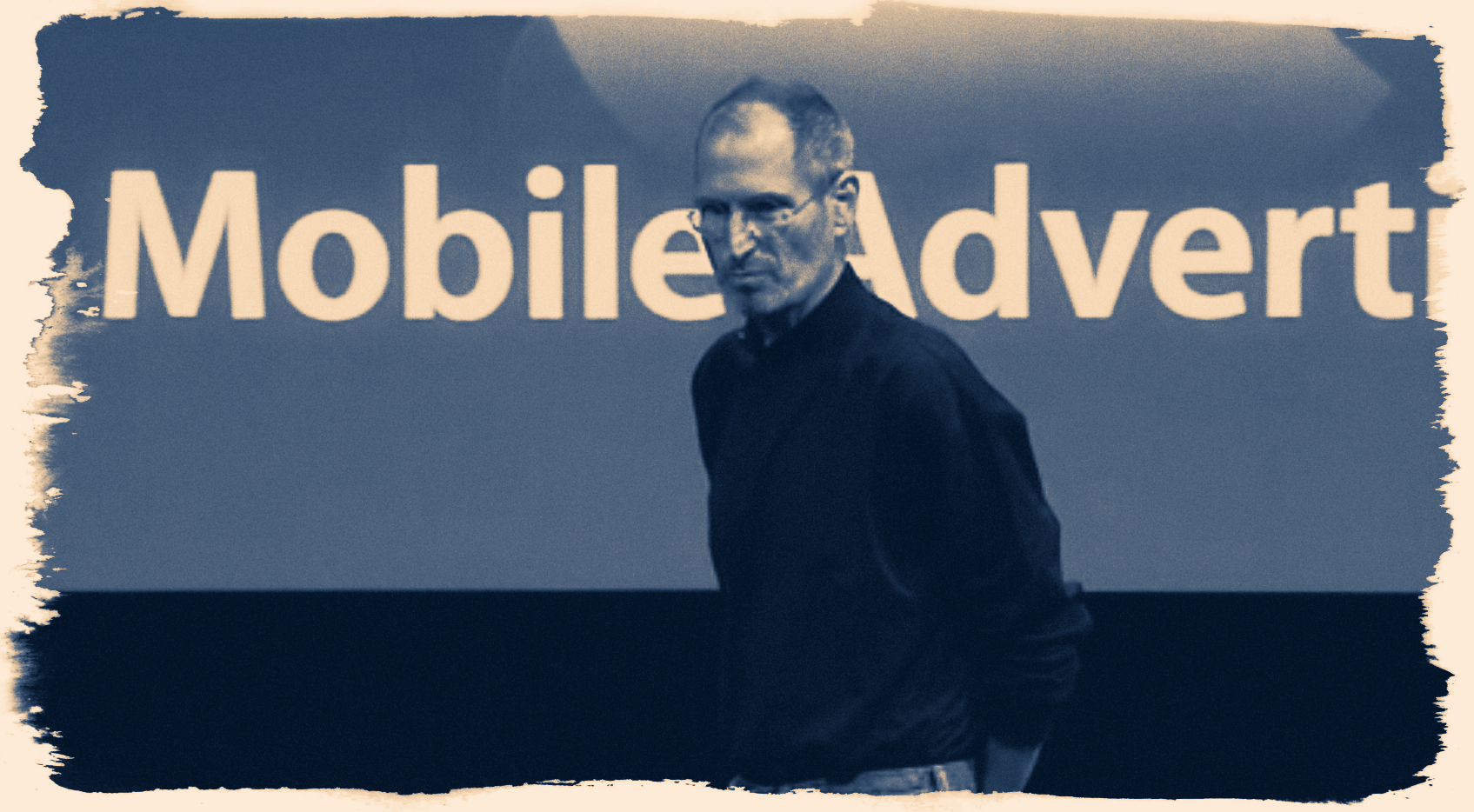
A Mashable Post Mortem
Yesterday, I raked Mashable’s Ben Parr for his assertion that Apple’s then yet unannounced mobile advertising platform posed a credible threat to Google. Now that Apple has announced iAd, and seeing how Ben’s rumor reporting was right about it coming, I circle back for a postmortem. Simply stated: I stand by my assertion that his sourcing was weak and that he didn’t support bold assertions that Apple’s still unreleased mobile ad platform is way ahead Google’s.

Mashable’s Apple Ad Platform Claims are Mush
Who spiked Ben Parr’s coffee with Apple “reality distortion field” Kool-Aid? The Mashable co-editor is gushing about Apple’s rumored mobile advertising platform and how it poses a credible threat to Google. Based on what? Among his other talents, Ben writes science fiction. Perhaps he confuses fact with fiction? Did he have a flashforward, another scifi concept, and see the future?
A Bill Too Far
Do you ever get the impression your wallet is being relentlessly sucked dry? Or that consumers are being expected to pay for an ever growing list of subscription-based services that, in a less profit-mad world, […]

The Most Natural User Interface is You
It’s April Fools’ Day, and I’m not joking. But that doesn’t mean we can’t have some fun, by comparing and contrasting Apple old with Apple new. 🙂 Last night I posted to Betanews: “What 1984 Macintosh marketing reveals about iPad,” which is based in part on my April 2006 post “When Magazines Mattered,” about Apple buying all the ad pages—39 of them—in the Newsweek 1984 election issue. Magazines mattered to Apple for promoting Macintosh during its launch year. Now iPad matters to magazines, for which some publishers hope to turnaround sagging readership (and ad revenues). Ha, who’s paying whom now?
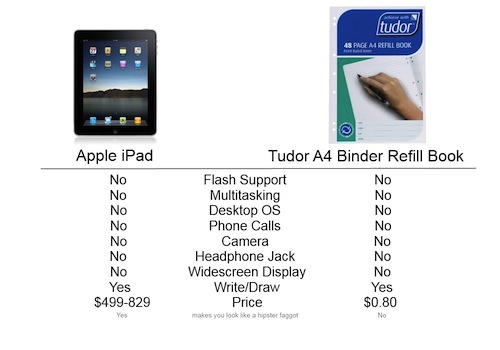
iPad vs Paper Pad
It’s really an unfair comparison without price of the pen. Editor’s Note: This post was moved to joewilcox.com from oddlytogether.com on Sept. 26, 2010.
If Ovi Store was as Good as This Video About It…
[youtube http://www.youtube.com/watch?v=4cjTtkTE5po] Nokia would have kicked Apple’s ass long ago.
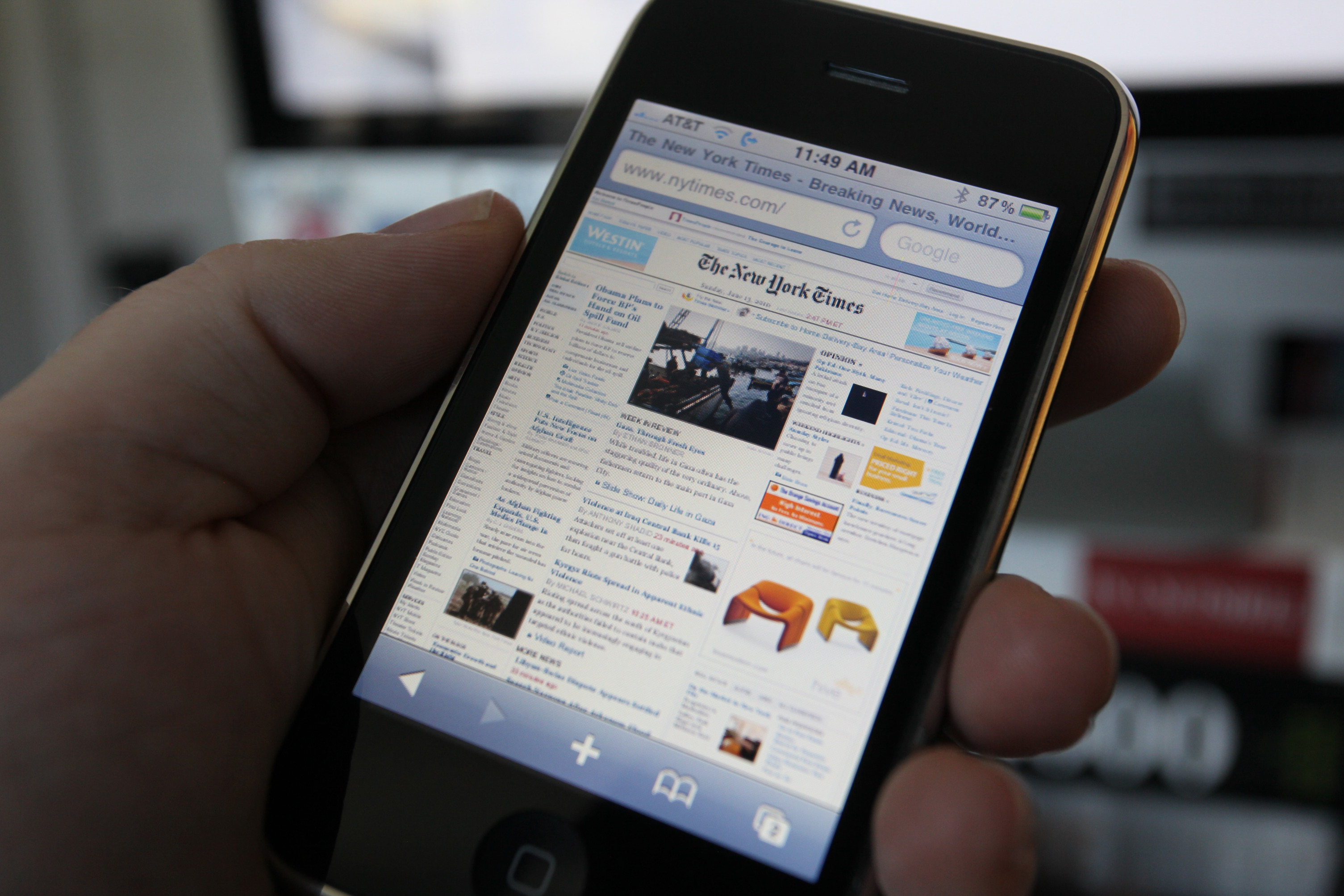
Gene Munster tells a Good Story, But is it Believable?
IApple’s mobile phone business would go the same way as the Mac did in the 1980s and 1990s.
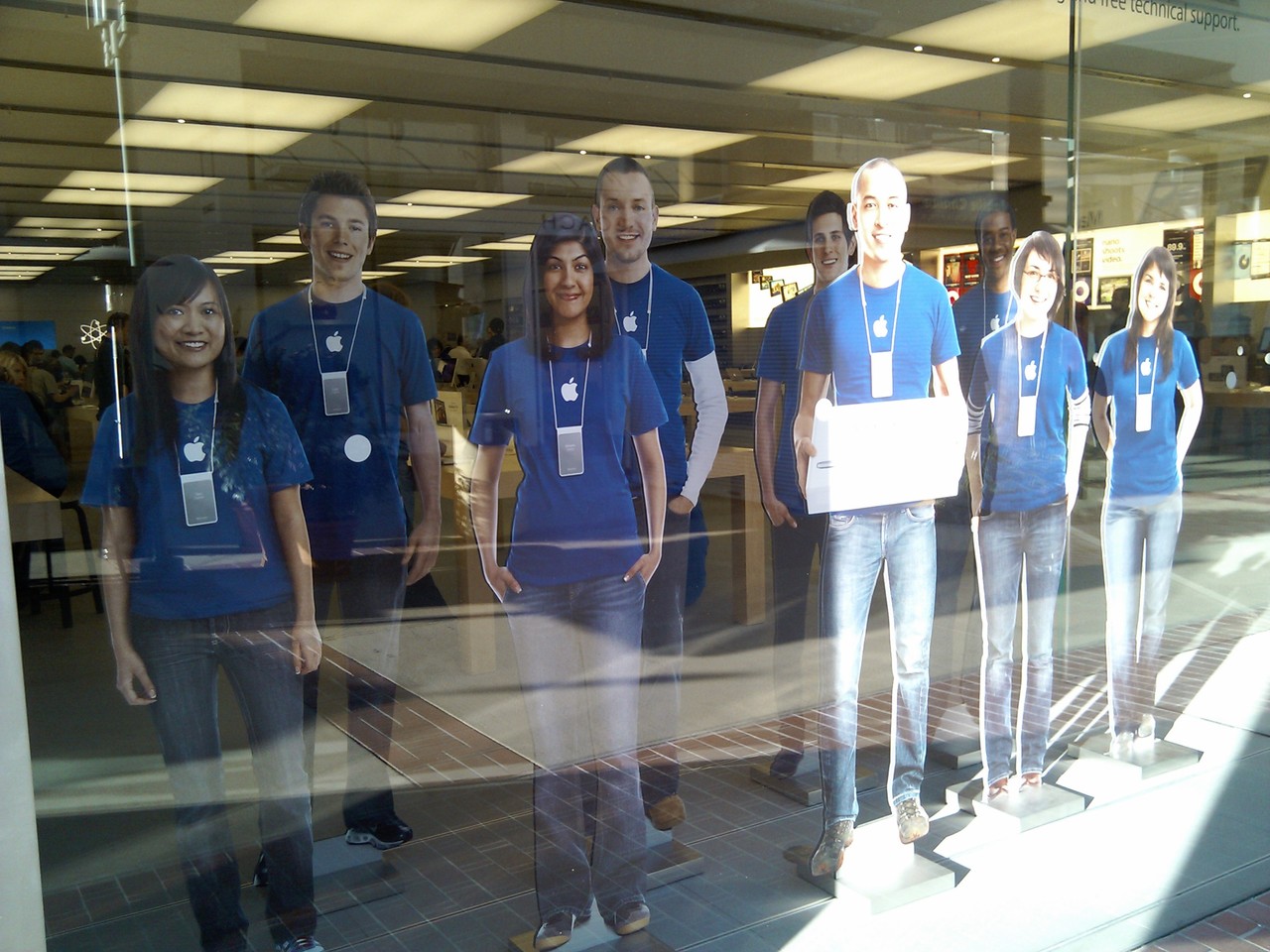
Apple Blue Shirts
Yesterday, I stopped by the Apple Store at Fashion Valley Mall in San Diego. From there I tweeted: “WTH Apple Store Mission Valley; more employees than customers—at least 25 in blue shirts.” I snapped this […]
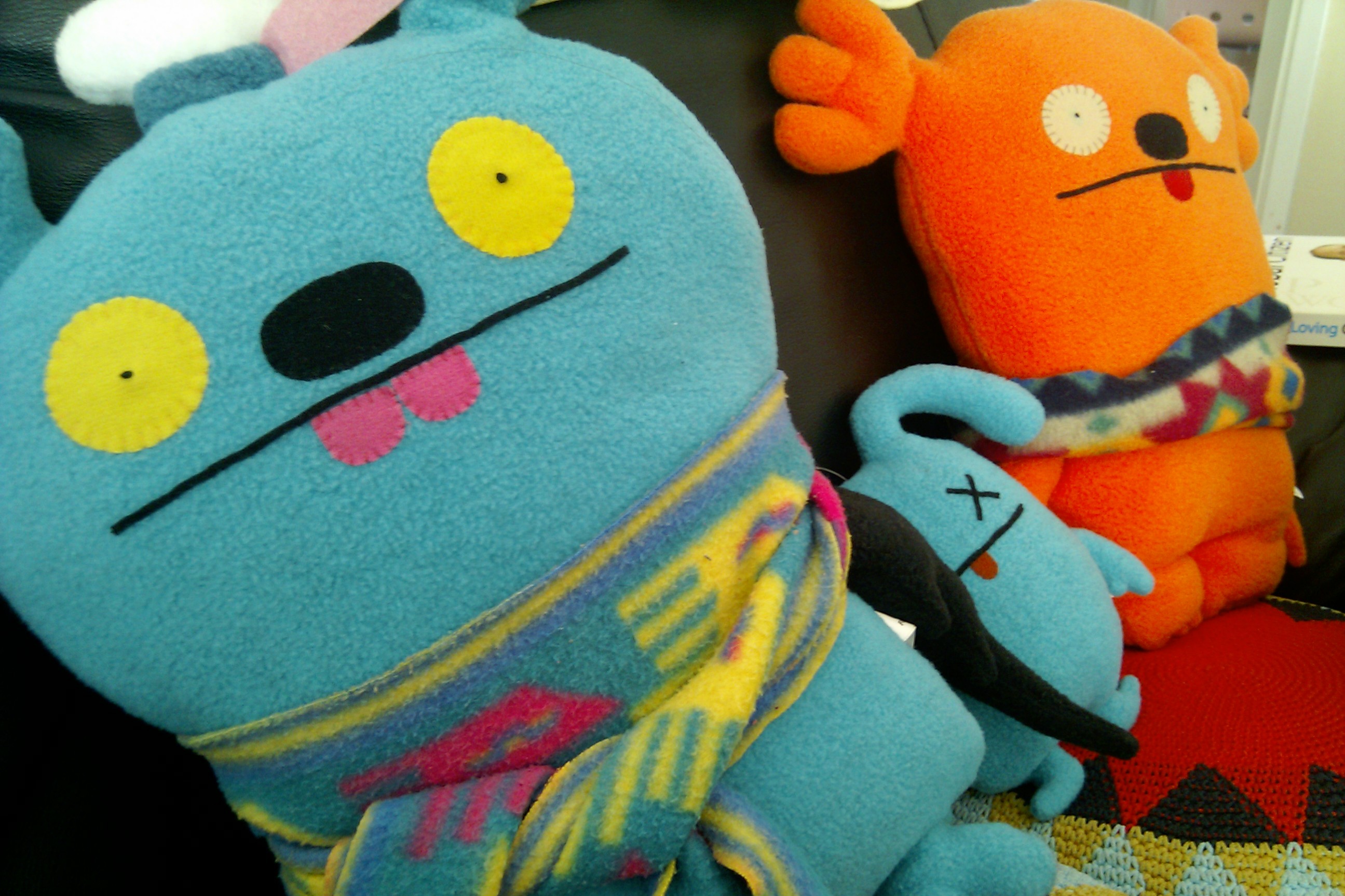
Nexus One Foreshadows Google Mobility That Could Get Ugly for Apple and Microsoft
Microsoft and Apple underestimate how quickly Google is consolidating its mobile platform—clearly so do geeks reviewing Nexus One. Google isn’t just going for one piece of mobility but the whole shebang. Google is putting together the pieces to offer a single mobile lifestyle, with no PC required, supported by search and other Google informational services. Like everything else the company does, free is the glue sticking everything together.
Google’s decision to sell Nexus One direct, even the carrier subsidized model, is part of the strategy. Open-source licensing has its limitations and risks fragmenting Android. As I explained in March 2009 post “There’s an App for That,” Apple changed the rules for mobile operating systems by breaking carrier control over updates. Apple distributes iPhone OS updates, preventing the kind of fragmentation typically caused by carrier distribution. By selling a handset direct, Google takes control of Android updates for a flagship phone that also acts like a baseline design model for handset manufacturers licensing the mobile operating system.